Climbing is more than a workout; it’s a discipline that sharpens your mind and body, and having a home climbing gym makes practicing accessible, consistent, and fun. Whether you’re training for outdoor routes or seeking a new way to stay active at home, building your indoor home climbing gym can transform how you approach fitness and climbing skill progression.
Why Create a Home Rock Climbing Gym?
Commercial climbing gyms can be motivating, but they often come with limited hours, travel time, and monthly fees. A home rock climbing gym allows you to train on your schedule, focus on your weaknesses, and customize routes according to your current goals. You can start your session with warm-ups on easier holds and transition into specific problem-solving, all within the comfort of your home.
Key Considerations for Your Indoor Home Climbing Gym
Before starting, consider:
-
Space: You don’t need a warehouse to build a climbing wall; a garage, basement, or even a spare wall can be enough.
-
Wall Angle: A vertical wall is beginner-friendly, while an overhang challenges your core and grip strength.
-
Holds and Volumes: Mix jugs, crimps, slopers, and pinches to simulate diverse climbing situations.
-
Padding and Safety: Crash pads or thick gym mats are essential, especially if you’re bouldering without ropes.
-
Ventilation and Lighting: Climbing in a well-lit, ventilated space improves comfort and safety.
Setting Realistic Goals
A climbing home gym isn’t just about having a wall; it’s about consistent, structured practice. Set micro-goals, such as completing a set number of routes each week or focusing on hangboard training to build finger strength. Use your home gym to rehearse specific moves you struggle with outdoors, like heel hooks or lock-offs, in a controlled environment.
Personal Reflection: My Home Climbing Gym Journey
When I built my first small indoor climbing wall at home, it was on a 12-foot section in my garage with a slight overhang. At first, it was simply to keep climbing when I couldn’t make it to the gym, but over time, it became a central part of my training. I noticed I could work on moves repetitively without waiting for others, and I learned to adjust routes when I plateaued. It made climbing feel less intimidating and more like a daily part of life. The quiet moments spent problem-solving on my own wall became a form of moving meditation, reminding me why I fell in love with climbing in the first place.
Budget-Friendly Tips
-
Start small: A single 4x8 ft panel can be enough to begin.
-
DIY holds: You can make holds using wood scraps to reduce initial costs.
-
Use second-hand gear: Many climbers upgrade holds and sell their used gear at a fraction of retail price.
-
Modular design: Use T-nuts to reconfigure routes easily and keep your workouts fresh.
Making It a Family or Social Activity
A home climbing gym can also become a bonding space for family and friends. Kids often love climbing, and it can be a playful yet structured activity for them, encouraging problem-solving and physical confidence. For adults, it becomes an engaging alternative to traditional workouts, bringing a social, adventurous element into daily exercise.
Final Thoughts
Creating a home climbing gym can transform your training consistency while fostering a lifelong connection to climbing. It allows you to climb year-round, refine your technique, and enjoy the sport on your terms. Whether you are new to climbing or looking to elevate your training, an indoor home climbing gym can become one of the most rewarding investments in your fitness journey, turning your home into a place of movement, challenge, and growth.

















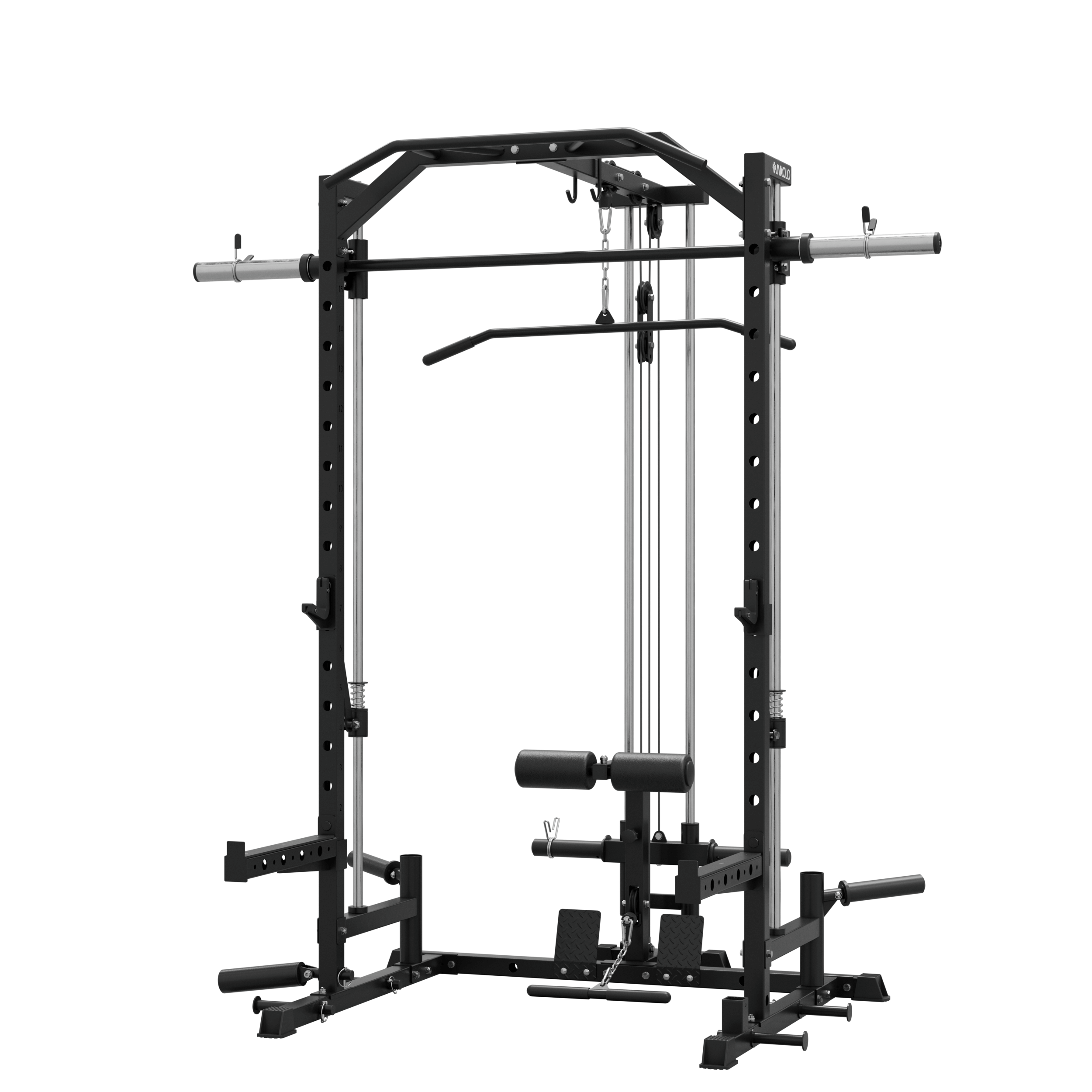


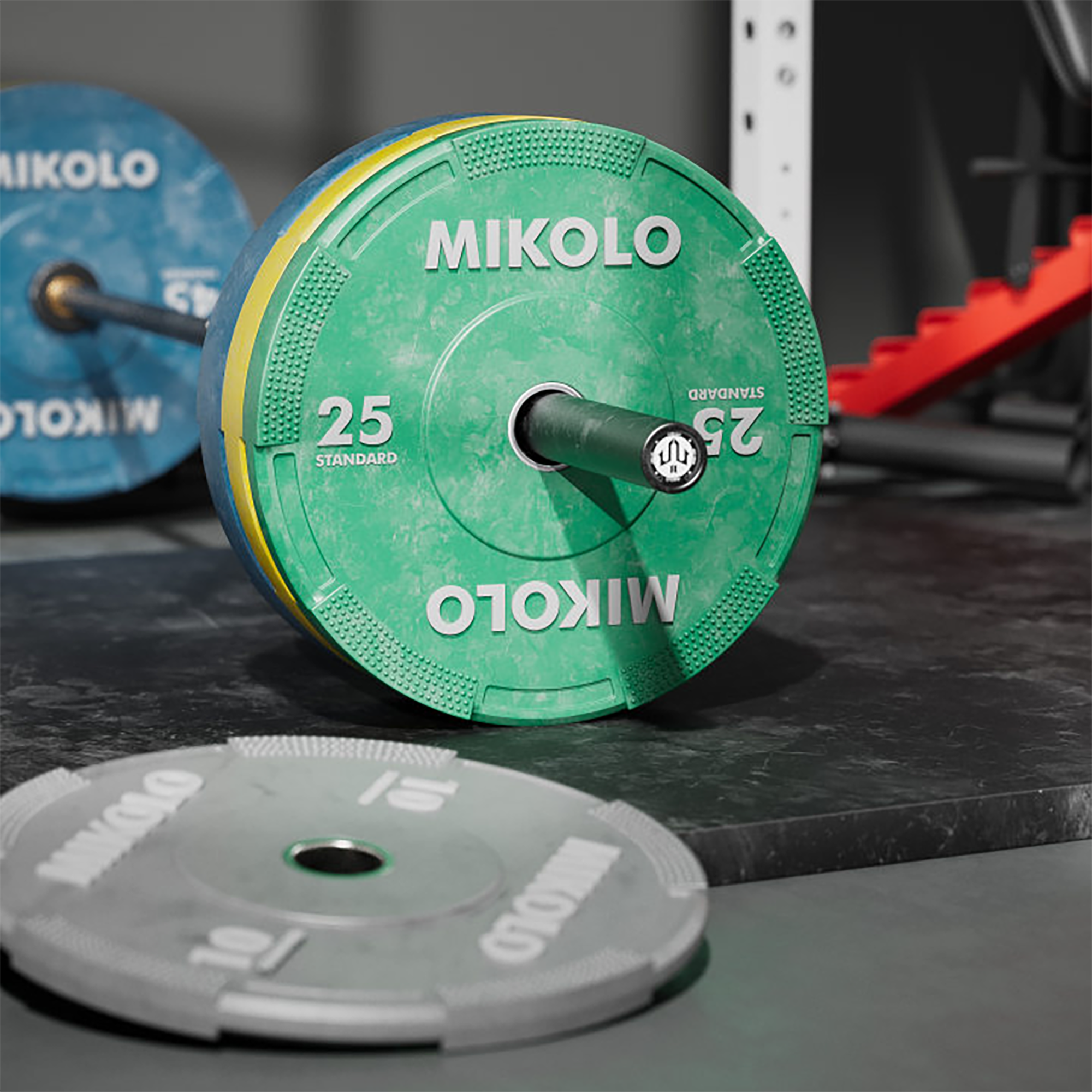







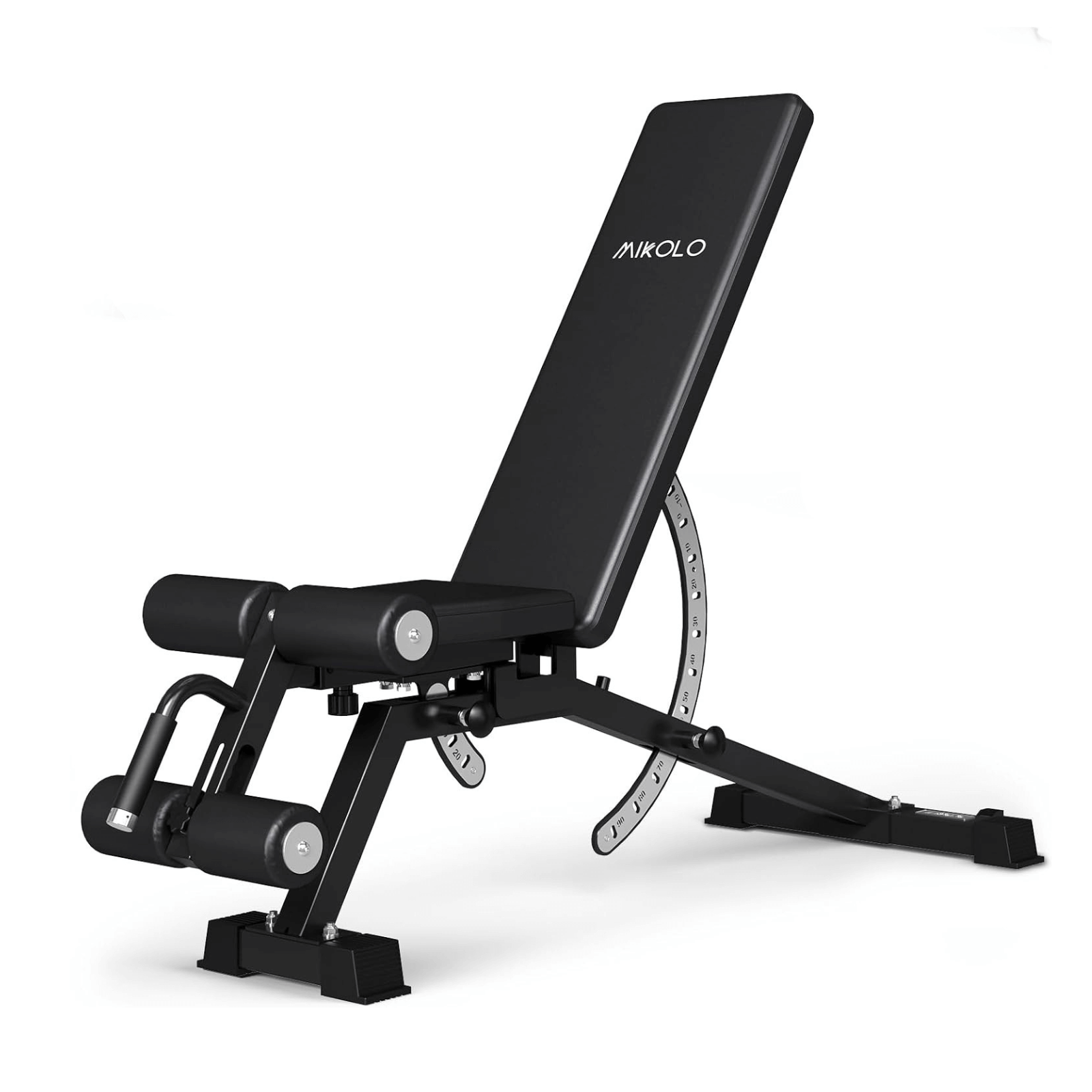




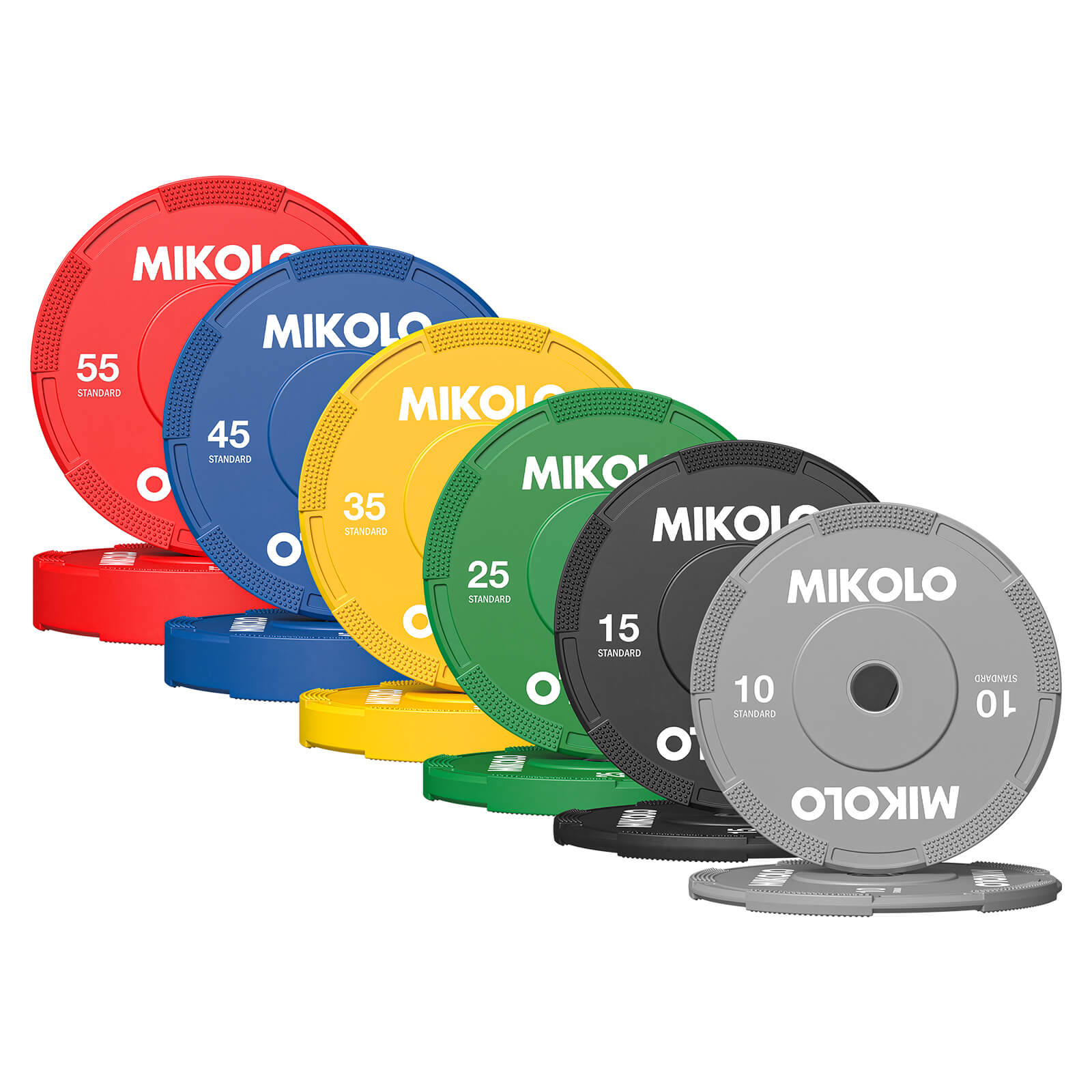


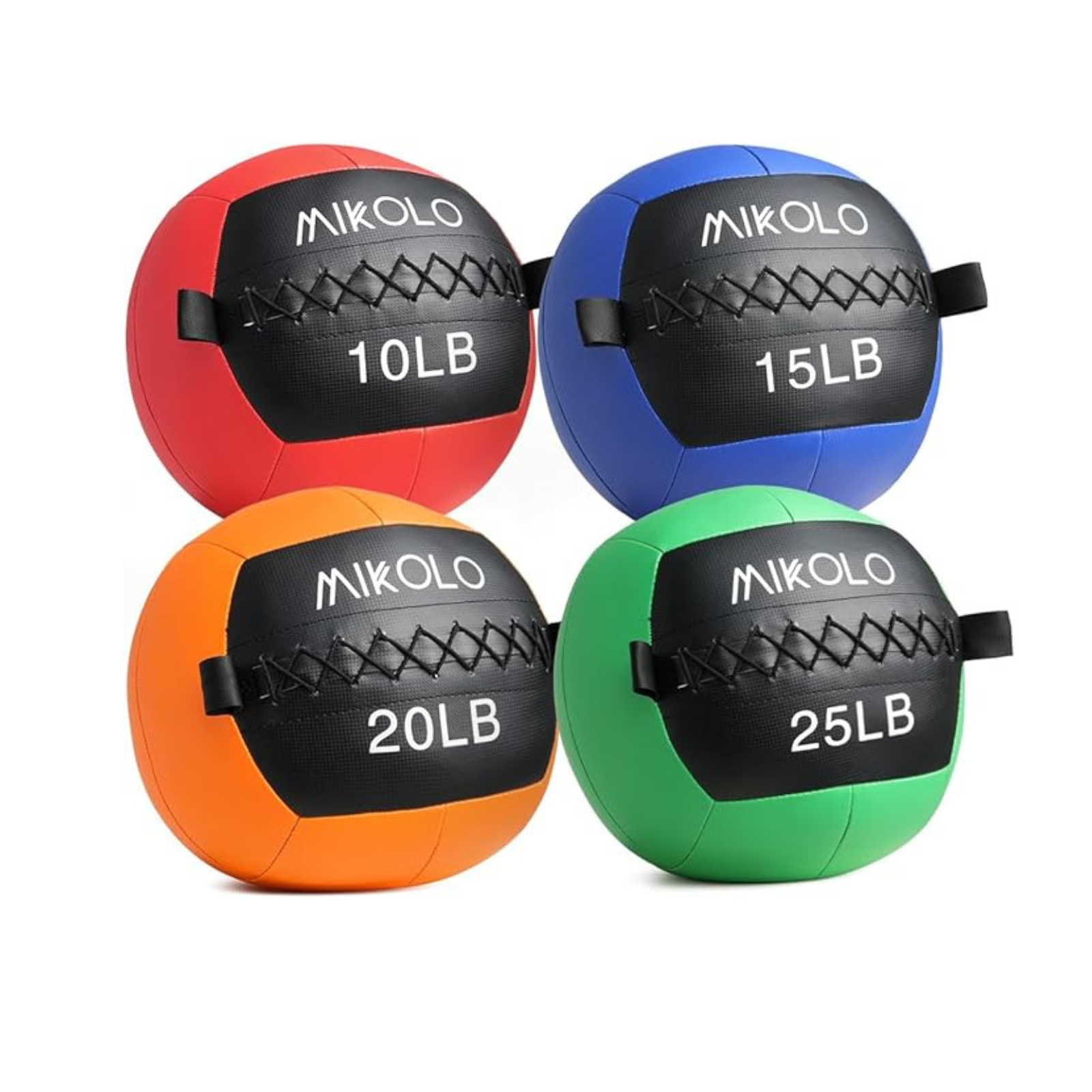








Leave a comment
This site is protected by hCaptcha and the hCaptcha Privacy Policy and Terms of Service apply.